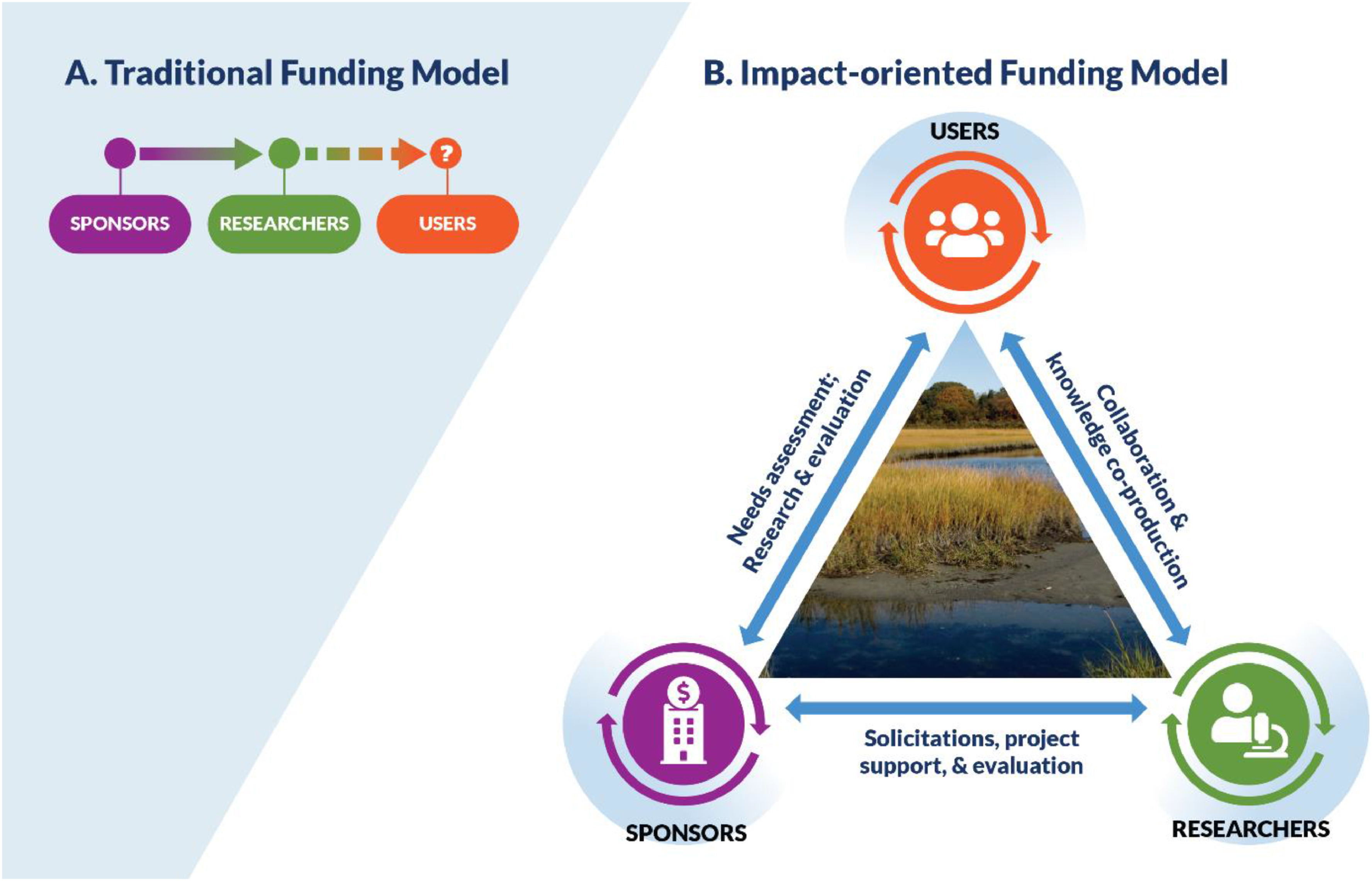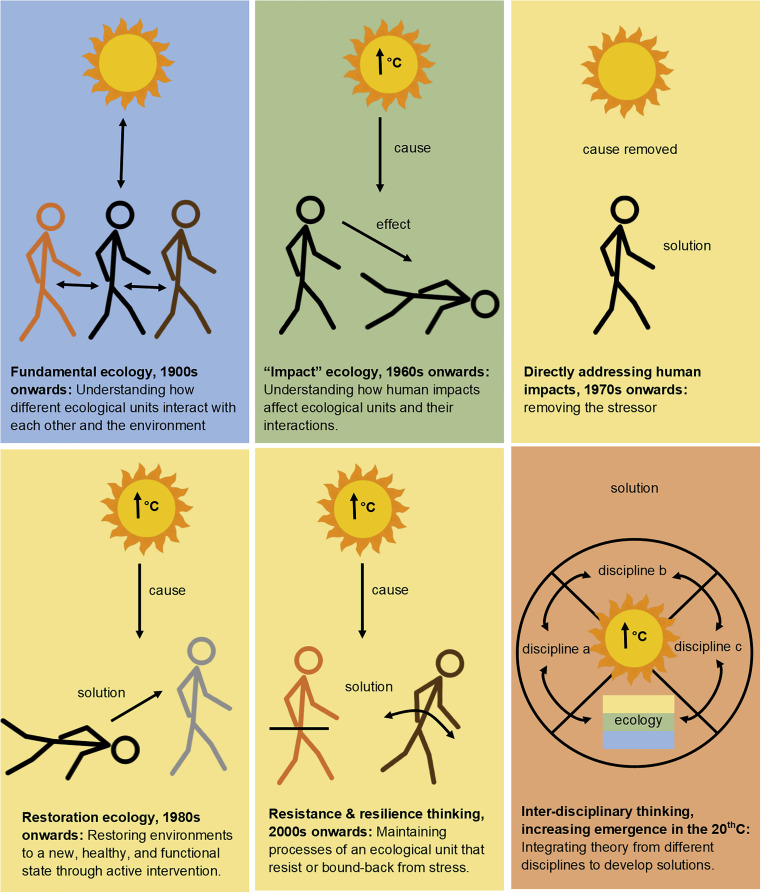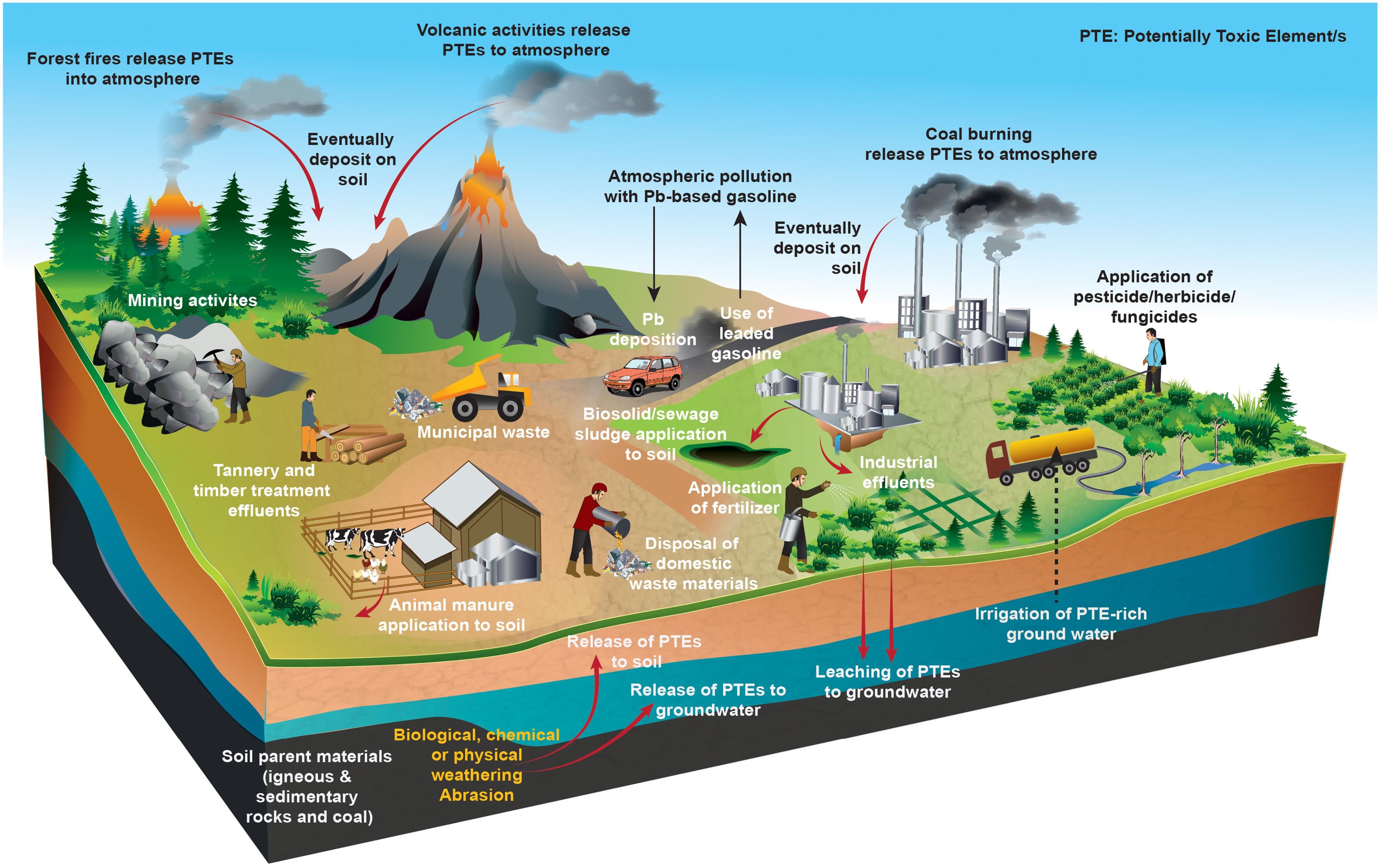Elsevier, One Earth, Volume 2, 24 January 2020
Biodiversity is in rapid decline, largely driven by habitat loss and degradation. Protected area establishment and management are widely used to maintain habitats and species in perpetuity. Protected area extent has increased rapidly in recent years with area-based targets set within international conservation agreements such as the Convention on Biological Diversity's Aichi Target 11.
Elsevier, Food and Bioproducts Processing, Volume 119, January 2020
The recovery of resources from waste streams including food production plants can improve the overall sustainability of such processes from both economic and environmental points of view. This is because resource recovery solutions will be instrumental in overcoming the grand societal challenges in relation to the Water-Energy-Food (WEF) nexus in one of many aspects.
Elsevier, European Journal of Soil Biology, Volume 96, January - February 2020
Recent perspective has highlighted the microbial importance of interplay between catabolic breakdown and anabolic synthesis in influencing soil organic carbon (SOC) dynamics and persistence. However, studies on these contrasting activities remain rare, despite value to global discussions on economic and ecologically sustainable ecosystem management. Here we investigate microbial response in a no-till farm in Northeast China after an 8-year manipulation of plant residue returns of varying quantity including control (0%, NT0), low (33%, NT33), medium (67%, NT67) and high (100%, NT100).
Elsevier, Agricultural Systems, Volume 177, January 2020
Land-use intensification at the field and landscape scale is a strong driver for declining biodiversity and ecosystem service provision. Vineyards are characterised by non-productive inter-rows, which could potentially host diverse plant communities. Mulching, tillage or herbicides are used to mitigate the competition between vines and the inter-row vegetation.
Elsevier, One Earth, Volume 2, 24 January 2020
Is ecology, as a science, doing enough to address big environmental problems? Here, a review of the top 40 ecology journals suggests not. As ecologists, we have the opportunity to reinforce the relevancy of ecology to society through greater promotion and execution of solution-focused science.
Elsevier, Global Environmental Change, Volume 60, January 2020
There is widespread belief that meaningful interaction between scientists and practitioners, or co-production, increases use of scientific knowledge about sustainability and environmental change. Although funders are increasingly encouraging co-production, there have been few empirical studies assessing the outcomes of these efforts in shaping knowledge use. In this study, we systematically analyze research project reports (n = 120) and interview project participants (n = 40) funded by the U.S. National Estuarine Research Reserve System from 1998 to 2014 to support coastal management.
Elsevier, One Earth, Volume 2, 24 January 2020
Is ecology, as a science, doing enough to address big environmental problems? Here, a review of the top 40 ecology journals suggests not. As ecologists, we have the opportunity to reinforce the relevancy of ecology to society through greater promotion and execution of solution-focused science.
Elsevier, Environment International, Volume 134, January 2020
Soil contamination by potentially toxic elements (PTEs) has led to adverse environmental impacts. In this review, we discussed remediation of PTEs contaminated soils through immobilization techniques using different soil amendments with respect to type of element, soil, and amendment, immobilization efficiency, underlying mechanisms, and field applicability. Soil amendments such as manure, compost, biochar, clay minerals, phosphate compounds, coal fly ash, and liming materials are widely used as immobilizing agents for PTEs.
Elsevier, International Journal of Educational Research, Volume 102, 2020
While most curricula addressing violence and peace are developed in privileged contexts, this paper reconsiders existing approaches to peace education from the perspective of communities affected by high levels of violence. In-depth analysis of the educational goals and practices of teachers in Brazilian slums demonstrates how they construct different levels of resistance to violence despite contextual restrictions. Teachers combined a restrictive approach with an ethic of care to create peaceful alternatives, while making use of their community position.
Elsevier, Archives of Gerontology and Geriatrics, Volume 86, January - February 2020
We investigated emotional regulation of autobiographical memories in Alzheimer's disease (AD). AD patients and control participants were asked to retrieve memories in response to “happy” and “sad” cues. Participants were also asked to rate the emotional valence of memories at retrieval as well as at the moment the events were encoded. Results showed that both control participants and AD patients rated memories cued by “happy” as more positive when retrieved than when encoded.



